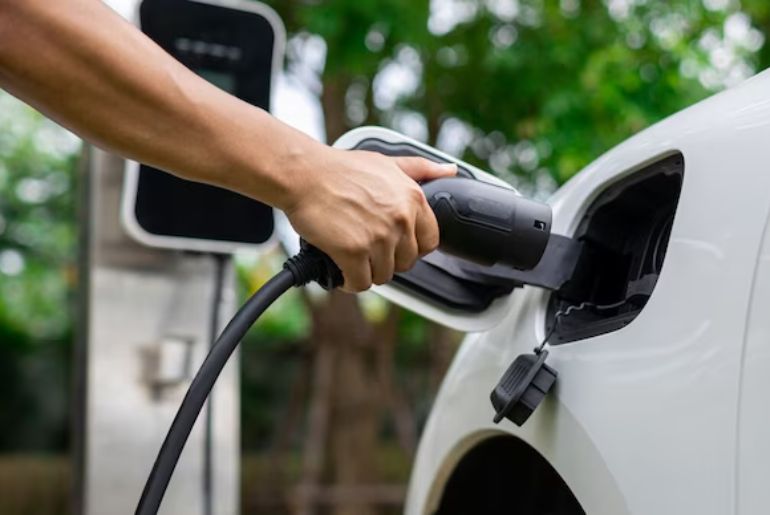The Indian automobile industry has raised strong objections to a proposal by the Group of Ministers (GoM) that seeks to increase the Goods and Services Tax (GST) on premium electric vehicles (EVs). Currently, EVs enjoy a concessional 5% GST rate. The proposed change would introduce a higher 18% tax slab for EVs priced above ₹20 lakh, a move that automakers believe could derail momentum in India’s clean mobility transition.
Industry Warns of Negative Impact on EV Adoption
Automakers and industry experts argue that such a tax hike would discourage consumer adoption of premium EVs, particularly in a market where affordability and incentives have been crucial to driving early demand. Even the speculation of a tax increase has already dampened buyer sentiment, industry insiders say, with potential customers reconsidering their purchase decisions.
Risk to Price Parity With ICE Vehicles
One of the key arguments made by the industry is the importance of maintaining price parity between EVs and internal combustion engine (ICE) vehicles. The current 5% GST helps level the playing field, allowing premium EVs to compete more effectively with petrol and diesel alternatives. A jump to 18% would significantly raise the upfront cost of ownership, undoing years of progress made through incentives and subsidies.
Threat to Long-Term Investments and Innovation
Automakers further warn that a steep tax hike could discourage long-term investment in EV technology and infrastructure. Premium EVs often serve as early adopters of advanced technologies—such as larger battery packs, superior charging capabilities, and enhanced safety features—that eventually filter down into mass-market models. By making premium EVs less attractive, the industry fears that innovation could slow, affecting India’s broader EV ecosystem.
Entry-Level Luxury EV Segment Most at Risk
The entry-level luxury EV segment, which has shown encouraging growth in recent years, is expected to be the most affected. Consumers in this segment are often price-sensitive and more likely to delay purchases if costs rise. While ultra-premium customers may absorb the price difference, the market for luxury EVs priced in the ₹20–40 lakh range could see a sharp decline.
Clean-Mobility Transition Could Suffer
Industry leaders stress that the timing of such a policy move is critical. India’s EV adoption is currently supported by expanding charging infrastructure, competitive product launches, and rising consumer awareness. A sudden increase in taxation, they say, risks stalling this positive momentum at a time when India is striving to reduce emissions and meet its net-zero commitments.
Call for Policy Clarity and Stability
Automakers have urged the government and the GST Council to provide policy clarity and stability in the EV sector. Frequent changes in tax structures, they argue, create uncertainty for both businesses and consumers. Industry associations are pushing for the retention of the 5% GST slab on all EVs to ensure consistent growth and strengthen India’s positioning as a global EV hub.

